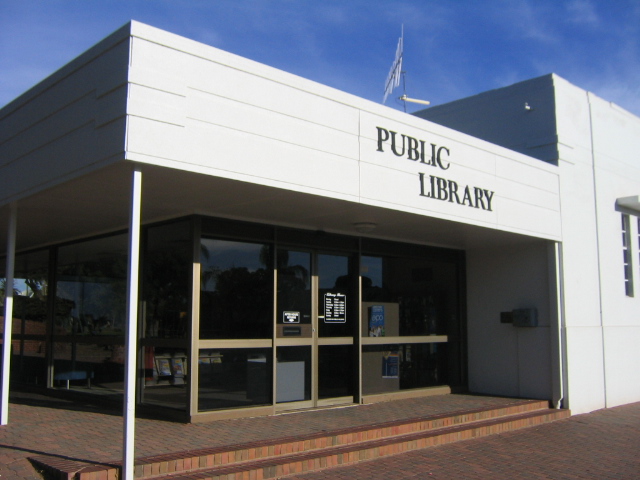
Throughout many cities and rural parts of the nation, local libraries serve as a key bridge between underserved communities and the tools and technologies afforded by broadband technology. As the funders and overseers of local libraries, city, town, and county governments play a substantial role in furthering our society's commitment to "digital inclusion" and ensuring that all citizens can benefit from the important technologies available through their local public library.
As a result, the Institute of Museum and Library Services (IMLS); the University of Washington Information School; and ICMA, the International City/County Management Association, are pleased to offer a new resource designed to help jurisdictions realize the value of a digitally inclusive community in which local libraries thrive and deliver needed resources to citizens. Building Digitally Inclusive Communities: A Guide to the Proposed Framework assists local government leaders in assessing their current capabilities and making informed choices about technology investments by learning from best practices from communities throughout the country.
"While local government leaders universally recognize the importance of maintaining public access to vital, 21st-century technologies, the realities of doing so are complicated in a tight fiscal environment with diminished resources and other competing challenges and priorities," said Ron Carlee, chief operating officer of ICMA. "This guide serves to help local government leaders develop public access goals in a smart and strategic manner to promote digital inclusion.'"
The Building Digitally Inclusive Communities guide was developed through consultation with more than 100 organizations and individuals, who informed it with expert knowledge about different communities' lessons learned and best practices. The document discusses five foundational principles:
- Availability and affordability: Communities need reliable and affordable access to broadband technology infrastructure in order to be fully engaged and competitive in today’s information-based world.
- Public access: In a world connected by technology, all people, regardless of income, need access to information and communication technologies in order to be fully engaged members of society, both economically and socially.
- Accessibility for people with disabilities: Communities should ensure the full participation of all their members by embedding accessibility to digital technology for people with disabilities within their institutions, processes, and public awareness efforts.
- Adoption and digital literacy: Beyond having access to technologies, people, businesses, and institutions need to understand digital technologies and how to use them effectively to achieve their educational, economic, and social goals.
- Consumer education and protection: Individual and institutional consumers need accurate, unbiased information to understand the technology options available to them, including how to buy and maintain equipment and how to safely navigate the digital world.
Building Digitally Inclusive Communities also provides insight and suggestions for how local government leaders can get started on building a digitally inclusive community. The full and final recommendations and framework for local government leaders will offer expanded resources and lessons learned from continued outreach and consultation with communities and thought leaders throughout the nation.
The guide comes at an important time. A recent national research report from the University of Washington Information School and the IMLS, reveals that approximately one-third of Americans use free computer and Internet access at public libraries to find work, apply for college, secure government benefits, access important health information, and connect with their communities. The demand for online access at libraries continues to grow as more people turn to their local library to get information online and obtain help in using online tools from library staff. The quality and level of access that libraries provide, however, varies significantly throughout the country.
New, Reduced Membership Dues
A new, reduced dues rate is available for CAOs/ACAOs, along with additional discounts for those in smaller communities, has been implemented. Learn more and be sure to join or renew today!
